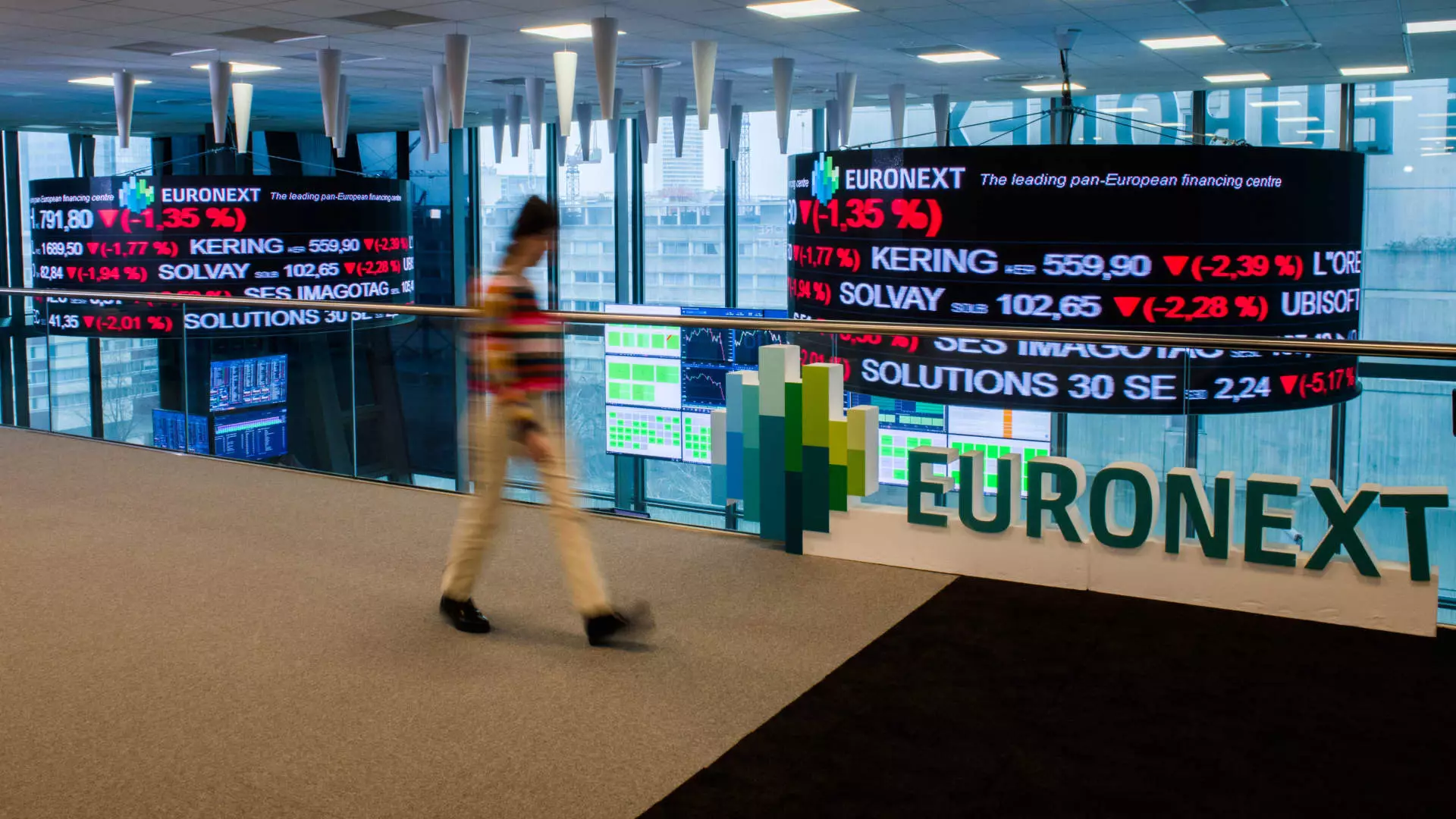The response from the investment community following the election of Donald Trump has generated considerable debate, particularly regarding the implications for global markets. On Wednesday, while U.S. stock indexes reached unprecedented heights, international funds reported notable declines. This discrepancy in market performance highlights the growing concern among investors regarding Trump’s economic policies, most notably his plans for imposing tariffs that could impact global trade dynamics.
The proposed tariffs by the President-elect are particularly alarming for investors in international equities. Trump’s mention of a potential 20% duty on all imports, with an even steeper 60% on Chinese goods, has left many wary of the ramifications this could have on global trade relations. Despite the majority of voters indicating opposition to such policies, the market seems to respond with caution, especially when it comes to investing in Asian economies that could be disproportionately affected by these trade barriers. As Yung-Yu Ma from BMO Wealth Management astutely observed, the uncertainty surrounding these tariff policies could stifle the growth potential of global markets in the near future.
This ongoing divergence between the performance of U.S. markets and those overseas has become more pronounced in the wake of the election results. The Dow Jones Industrial Average may have experienced one of its best days in almost two years, yet European markets faced a tougher landscape. The iShares Core MSCI Europe ETF, for instance, recorded a decline exceeding 2% as investors reacted to the political developments. Meanwhile, the Asian markets provided a mixed narrative. Japan’s Nikkei 225 defied regional trends, yet funds focused on China saw losses, with the iShares MSCI China ETF dropping more than 2%.
Traders are increasingly cautious about emerging markets, which have traditionally struggled against the backdrop of a strengthening U.S. dollar. The ICE U.S. Dollar Index reached its highest level since July, stoking fears that growth in American currency could further suppress the performance of international assets, particularly in developing regions. LPL Financial’s Adam Turnquist pointed out the link between rising inflation expectations post-election and the dollar’s strength, showcasing how fluctuations in one market can have ripple effects across the globe.
Despite the uncertainty surrounding most international markets, there were instances of resilience. The Global X MSCI Argentina ETF notably bucked the trend by climbing over 2%, reaching a new 52-week high. This anomaly can be attributed to the election of Javier Milei in Argentina, whose libertarian policies resemble some of Trump’s economic stances. Such unique situations underline the complexities and unpredictability of investing in global markets.
The market’s reactions following Trump’s victory illustrate a significant disconnect between U.S. and international equities, largely driven by fears of impending trade policies. As investors navigate this landscape of uncertainty, the complexities of global market interdependence become increasingly evident. The challenges posed by potential tariffs, combined with the strengthening dollar, may continue to create turbulence for international investments, prompting a cautious approach from traders worldwide.

